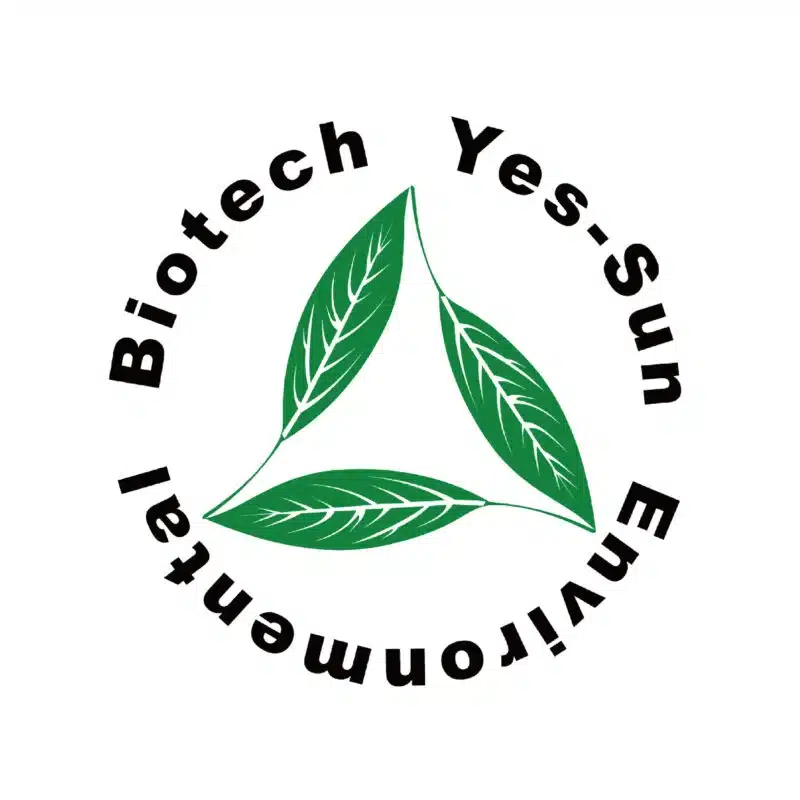Liao, H., Liu, C., Ai, C. et al. Mesophilic and thermophilic viruses are associated with nutrient cycling during hyperthermophilic composting ISME J (2023).
https://www.compostmagazine.com/viruses-in-composting/
A new study has revealed a significant but previously overlooked role of viruses in composting, specifically in the breakdown of organic matter. Traditionally, the focus has been on bacteria’s role in nutrient cycling within compost. However, this research, using advanced techniques, explored the dynamics between compost bacteria and their viruses in an industrial-scale composting process, particularly in a hyperthermophilic environment where temperatures reach up to 90 degrees Celsius.
The study discovered that as bacterial populations in the compost increase, so do the populations of viruses that specifically target these bacteria. This relationship significantly influences the composting process by altering the microorganism community. A higher virus-to-bacteria ratio was found to correlate with increased nutrient retrieval from organic materials, indicating that viruses are essential in ecosystem functioning and nutrient cycling in compost.
Interestingly, these DNA viruses contribute to breaking down bacteria and utilizing bacterial genes to process carbon and nutrients, thereby aiding the recycling of organic waste in compost. Not all viruses were detrimental to bacteria; some even enhanced bacterial survival under environmental stress.
The research suggests that viruses could serve as indicators of composting efficacy, potentially helping commercial composters optimize the process. Although the study focused on hyperthermophilic composting, a method not typically used in home composting, it opens new avenues in understanding the role of viruses in soil and compost ecosystems. Until now, the role of viruses in nutrient cycling had been well-studied in oceanic environments but not in soil or compost, marking this as a pioneering study in understanding their crucial role in composting ecosystems.
Discover the future of waste management with composting free technology
Handling organic waste properly can be challenging due to the unpleasant smell and dirty water produced during the composting process. Despite the availability of various composting technologies and equipment in the market, time and pollution remain significant concerns. However, a novel technology that combines patented equipment and enzymes offers a potential solution. This innovative approach can convert organic waste into fertilizer in just a few hours, and most importantly, without causing pollution.
Learn more


 中文 (台灣)
中文 (台灣) Bahasa Indonesia
Bahasa Indonesia Tiếng Việt
Tiếng Việt Bahasa Melayu
Bahasa Melayu Français
Français Español
Español Português
Português